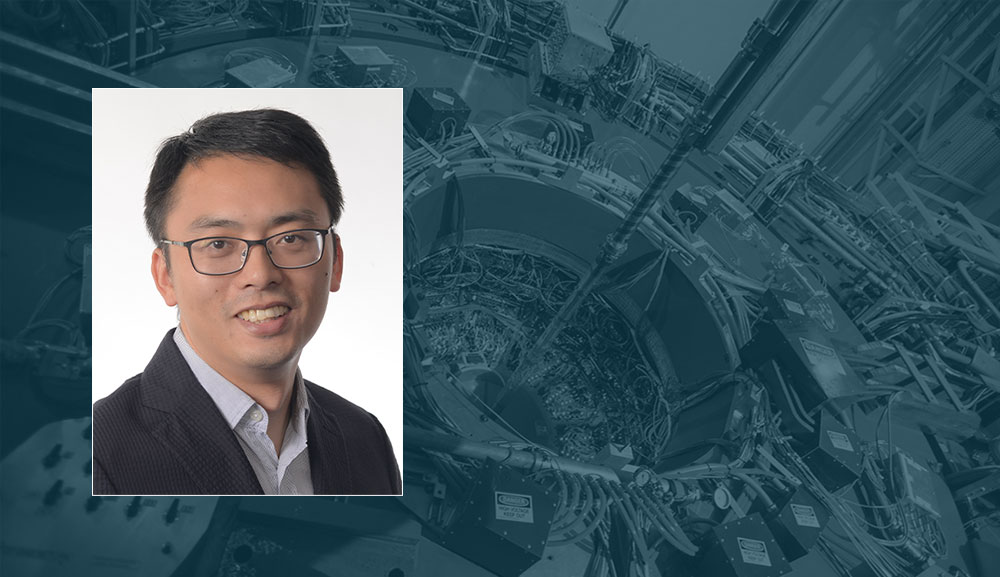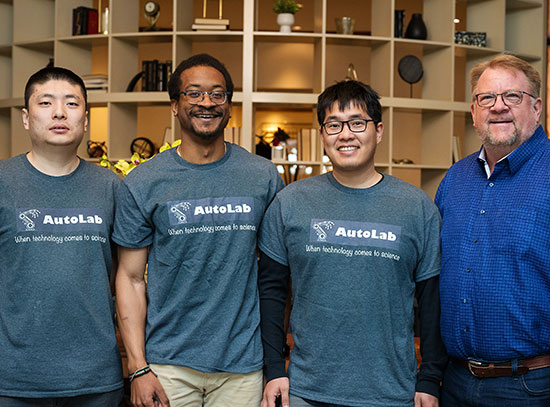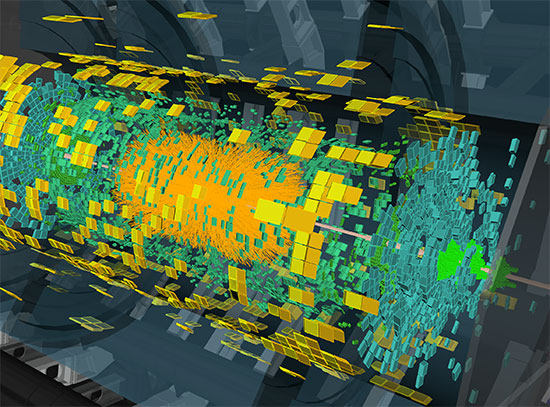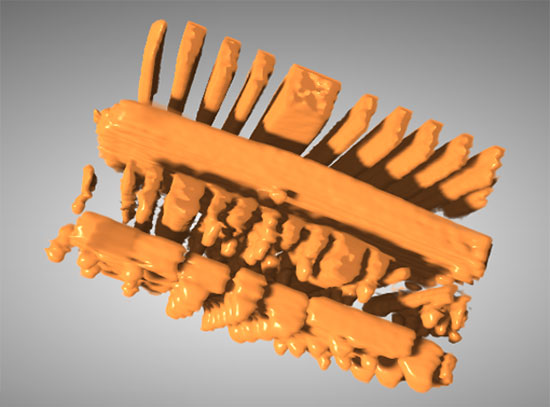534th Brookhaven Lecture: Probing Quark Gluon-Plasma with Heavy Quarks
May 24, 2024

Rongrong Ma
Nearly everything we see in the universe is made of atoms. Those atoms contain nuclei made of protons and neutrons. The smaller quarks and gluons inside those particles are confined together by the strongest force in nature and rarely freed from it.
They were free in the first microseconds of the early universe. Today they are routinely freed during experiments at the Relativistic Heavy Ion Collider (RHIC), a U.S. Department of Energy (DOE) Office of Science user facility at DOE's Brookhaven National Laboratory.
When those subatomic particles are "deconfined," they temporarily form a mysterious, soup-like form of matter, called quark-gluon plasma (QGP). Scientists are studying QGP, because it can show them properties of matter under extreme conditions — such as ultra-high temperatures and densities — and help explain why the larger universe works the way it does.
All are invited to join Rongrong Ma of Brookhaven Lab's Physics Department for the 534th Brookhaven Lecture on Wednesday, May 29. His talk, titled "Peeking Into the Hot Quark-gluon Soup With a Pair of Heavy Quarks," will be held at 4 p.m. Attendees can join in two ways:
- In person in Berkner Room B (Bldg. 488)
- Virtually on Zoom
During Ma's talk, he will give a brief overview on the building blocks of the universe and QGP. He will then discuss how measurements of particles called quarkonia are used as unique probes to explore QGP.
To join Ma for dinner at an off-site restaurant after the talk, contact Cathy Cook (Ext. 3509).
About the Speaker
Rongrong Ma is a senior physicist at Brookhaven Lab and member of STAR Collaboration, which manages one of two ongoing experiments at RHIC. He joined Brookhaven as a postdoc in 2014. Soon after, he was named a Goldhaber Distinguished Fellow — a prestigious recognition awarded to scientists with exceptional talent and credentials who have a strong desire for independent research at the frontiers of their fields.
At Yale University, Ma earned his Ph.D. in 2013 and master's in 2011. He earned his bachelor's from Peking University in 2008.
About the Brookhaven Lecture Series
In the foreword to the first Brookhaven Lectures, in 1960, physicist Gertrude Scharff-Goldhaber wrote, "The Brookhaven Lectures, held by and for the Brookhaven staff, are meant to provide an intellectual meeting ground for all scientists of the Laboratory. In this role they serve a double purpose: they are to acquaint the listeners with new developments and ideas not only in their own field, but also in other important fields of science, and to give them a heightened awareness of the aims and potentialities of Brookhaven National Laboratory."
That tradition continues today.
Brookhaven National Laboratory is supported by the Office of Science of the U.S. Department of Energy. The Office of Science is the single largest supporter of basic research in the physical sciences in the United States and is working to address some of the most pressing challenges of our time. For more information, visit science.energy.gov.
Follow @BrookhavenLab on social media. Find us on Instagram, LinkedIn, X, and Facebook.
2024-21893 | INT/EXT | Newsroom









